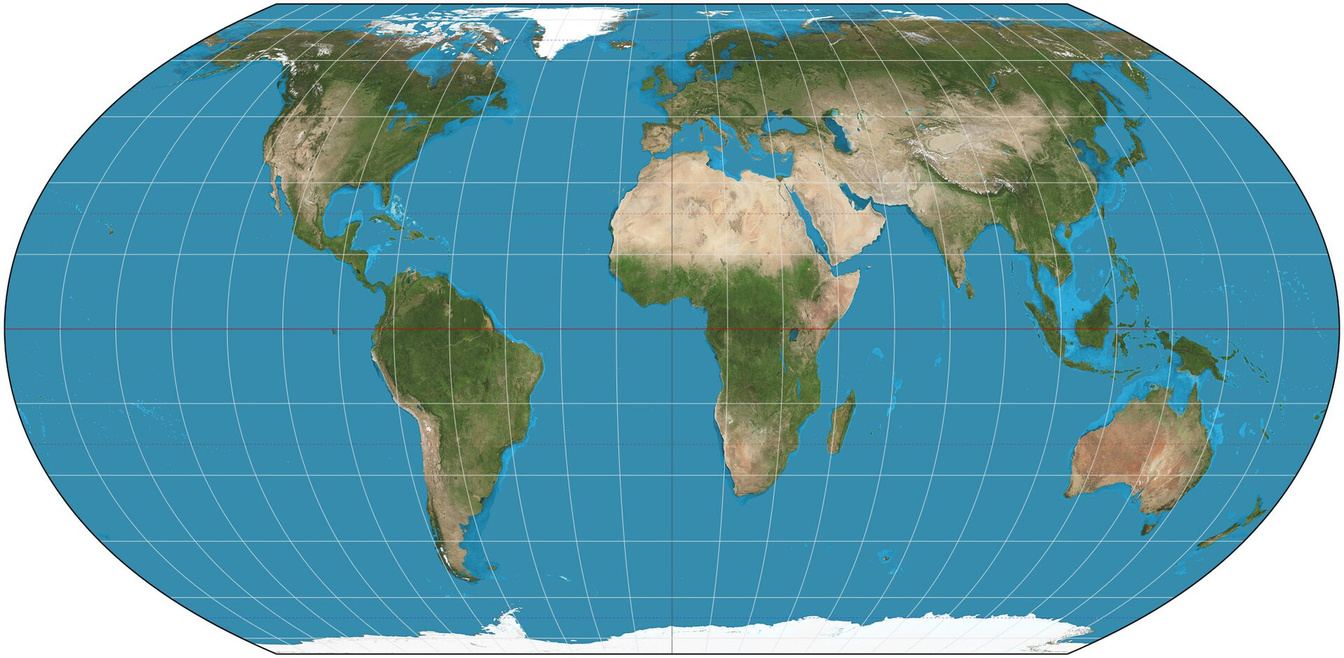Alejandra Mora-Soto
DPhil (PhD) Geography and the Environment
University of Oxford (St. Peter's College)
Postdoctoral fellow,
Spectral Lab
University of Victoria, BC
Canada
Postdoctoral fellow,
Scott Polar Research Institute
Cambridge,
UK
Marine geography- Kelp forests
Cartography, GIS and Remote Sensing
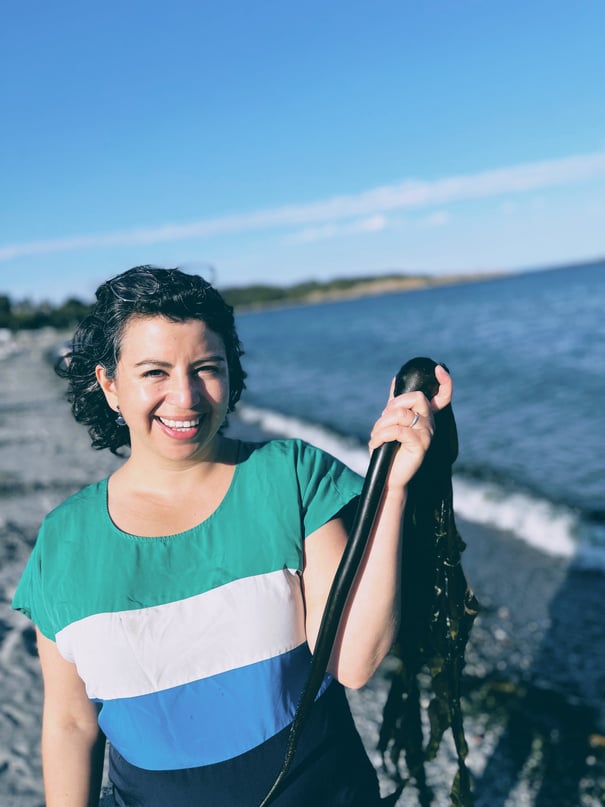
Bio
I am a marine geographer working with satellite images to detect kelp forests from space. Kelp forests are critical habitats for a multitude of organisms and have been connected with humans since the earliest times. Identifying these magnificent underwater forests is a way to understand their dynamics, as well as a tool to promote their conservation status.
Education
Geographer, University of Chile (2006)
Applied Geomatics Diploma, University of Chile (2008)
MSc. in Environmental Monitoring, Modelling and Management, King's College London (2012)
DPhil Geography and the Environment, University of Oxford (2021) Supervised by Dr. Marc Macias-Fauria.
Teaching (2013 to 2017):
GIS, Remote Sensing, Introduction to Geography
Universidad Católica de Temuco (Temuco)
Universidad Academia de Humanismo Cristiano (Santiago)
Universidad Austral (Valdivia)
Universidad San Sebastián (Santiago)
(Sea lions in the Falklands (Tussac Is.), 2019)
I was born and raised in Santiago, Chile and live in Victoria, British Columbia (Canada).
I respectfully acknowledge that I learn and work in the ancestral territories of Indigenous peoples in the north and the south of this continent.
projects
My main DPhil project was the creation of a remote sensing tool to detect giant kelp forests (Macrocystis pyrifera), using Sentinel-2 satellite imagery. You can explore the map interactively and see kelp forest canopies in their almost entire distribution.
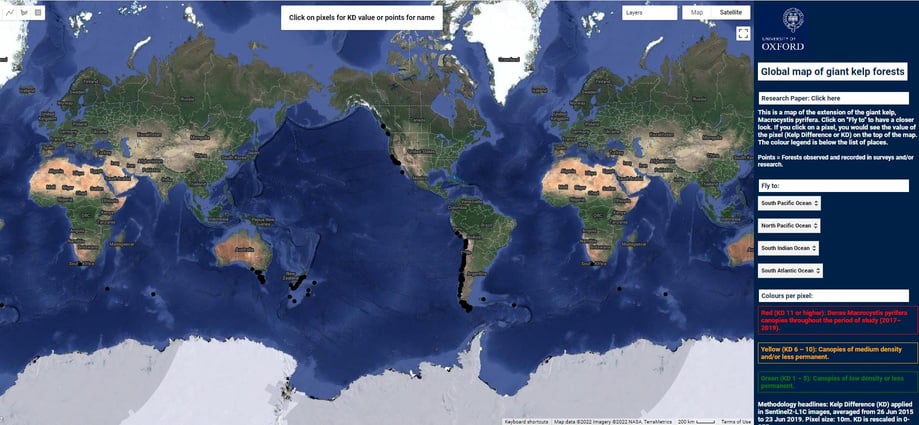
projects
This project aimed to assess kelp persistence over the last centuries in sub-Antarctic latitudes (Patagonia, Falklands and South Georgia). To do so, satellite-derived observations were compared with UKHO nautical charts from the 1800s and 1900s, as well as with surveys made in the decades of 1970s and 1980s.
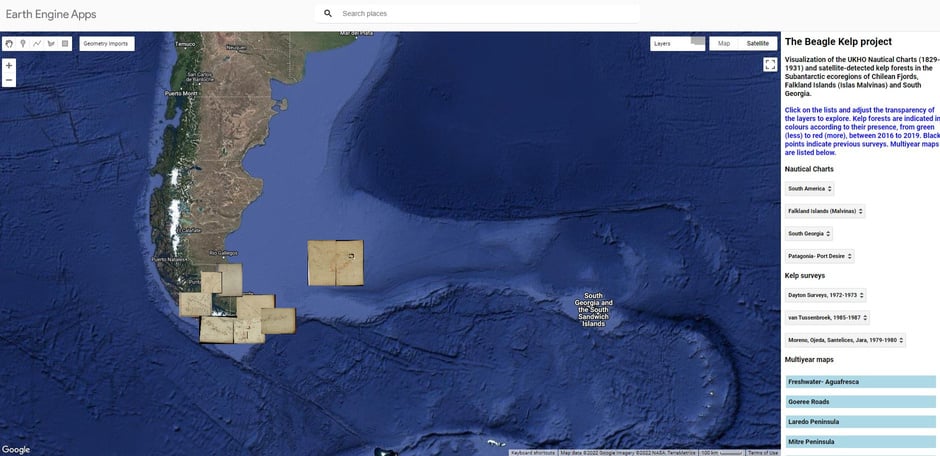
projects
Marine Heatwaves and Marine Cold-spells in SW Patagonia
This project integrated Sea Surface Temperature and wind records to detect marine heatwaves and marine cold-spells along the Patagonian coastline. The focus was to identify the abiotic stressors for kelp in this region.
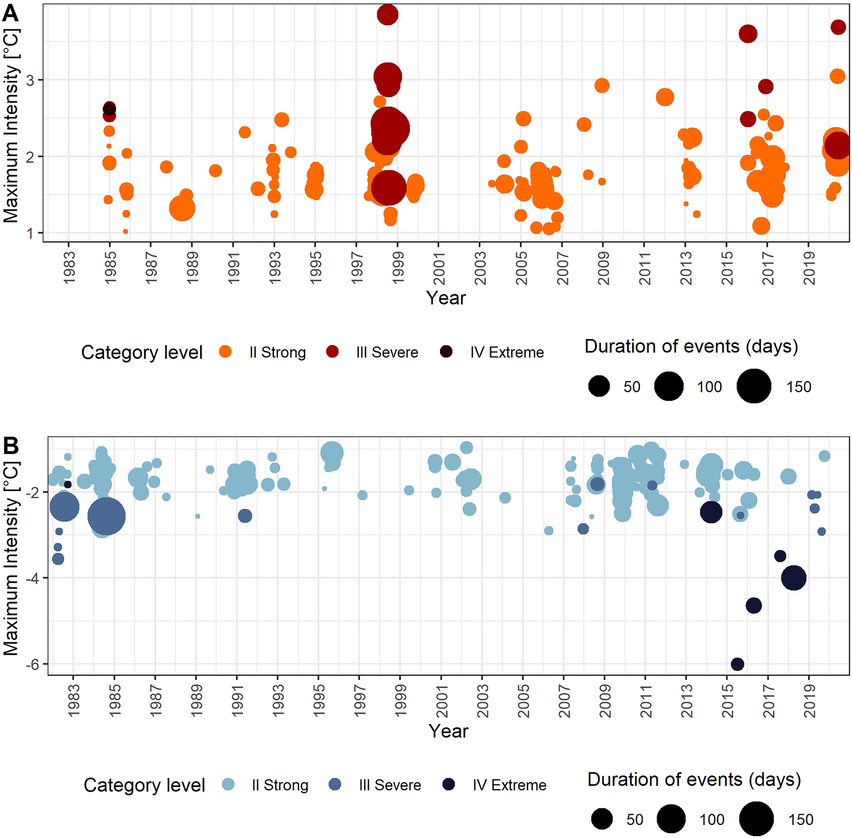
projects
This exciting postdoc project was about detecting and quantifying kelp trends across several geographical conditions in the Salish Sea of British Columbia, using high-resolution imagery, GIS, local observations and historical data.
This project is led by Dr. Maycira Costa, at the Spectral Lab of the department of Geography at the University of Victoria.
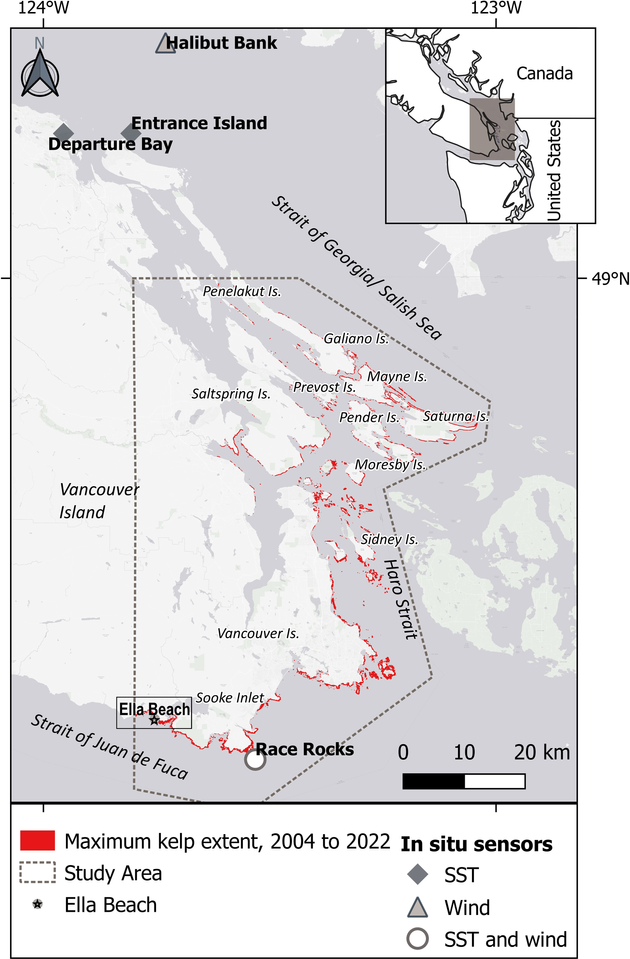
PUBLICATIONS
Click on each title to read the article
(The asterisk (*) indicates I’m the first author)
You can find the complete list here:
EXTRAS
Memberships:
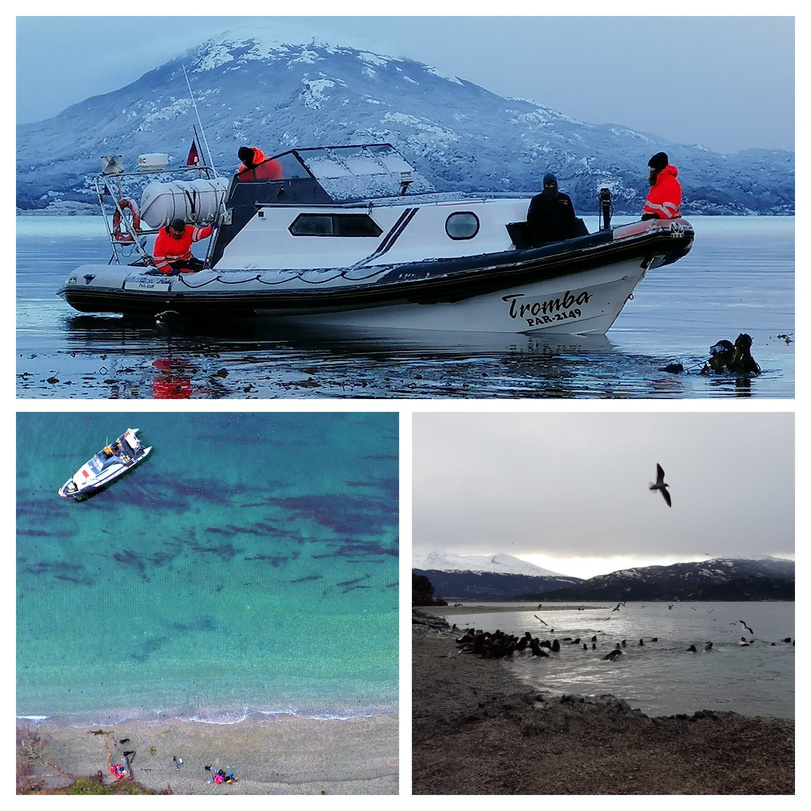
Reviewer:
Organizer:
(Kelp forest surveys in the Beagle Channel, 2019)
GRANTS AND SCHOLARSHIPS
2024: Isaac Newton Trust, Research Grant (Cambridge, UK)
2021- 2023: Spatial-temporal resilience of kelp forests in the Salish Sea, BC (SSKelpR). MITACS Accelerate (in partnership with Pacific Salmon Foundation)- NSERC Alliance grants. Project led by Dr. Maycira Costa.
2017- 2021 Postgraduate scholarship (PhD) Becas Chile Programme. National Commission for Scientific and Technological Research (CONICYT). Chilean government.
2019 Santander Academic Travel Awards, University of Oxford 2019
2018 St. Peter’s College, Foundation Graduate Awards, Trinity Term 2018
2018 St. Peter’s College: J.B Bossanyi Bursary in Environmental Conversation and Sustainable Resource Use. Graduate Awards, Michaelmas Term 2018
2011- 2012 Postgraduate scholarship (MSc) Becas Chile Programme. National Commission for Scientific and Technological Research (CONICYT). Chilean government.
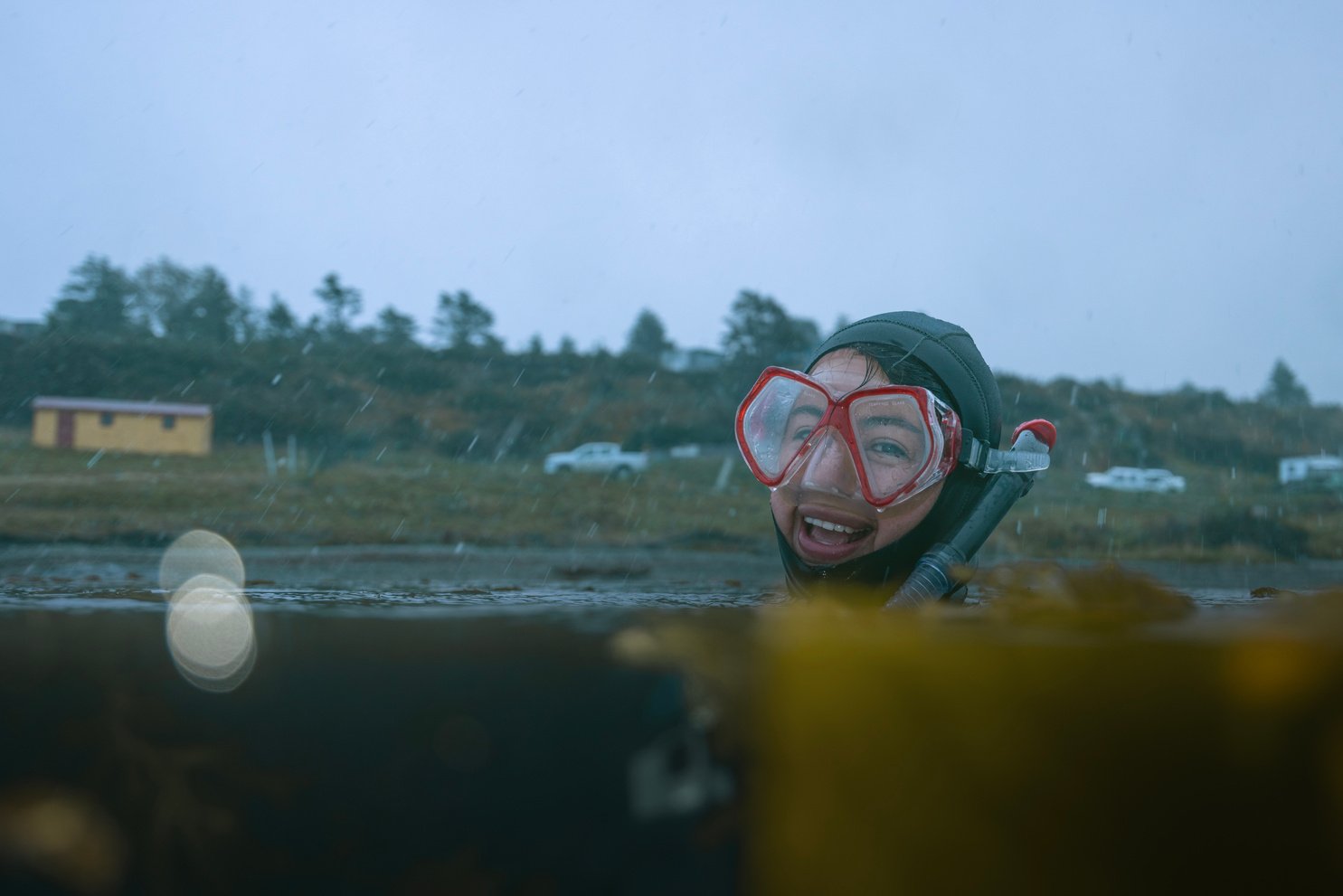
(Photo by Faine Loubser in the Strait of Magellan, 2024)
NEWS
In English
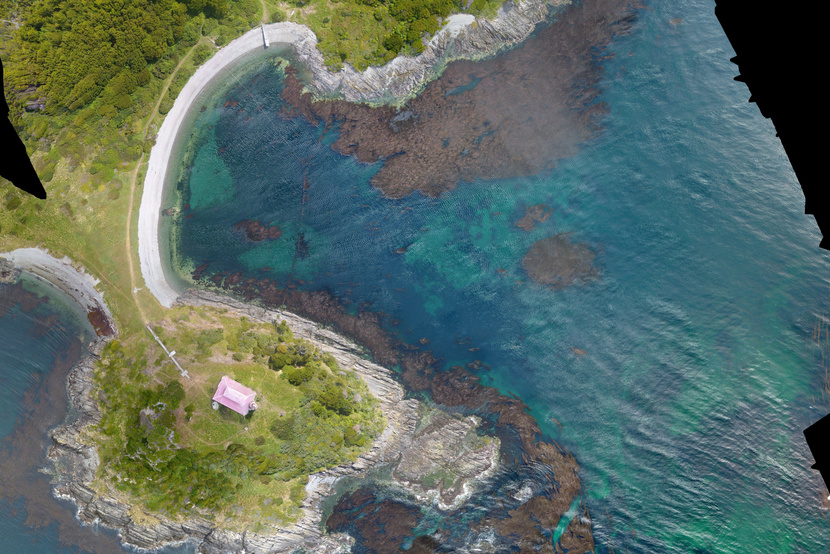
(Kelp forests around San Isidro lighthouse, 2019)
In Spanish
CONTACT
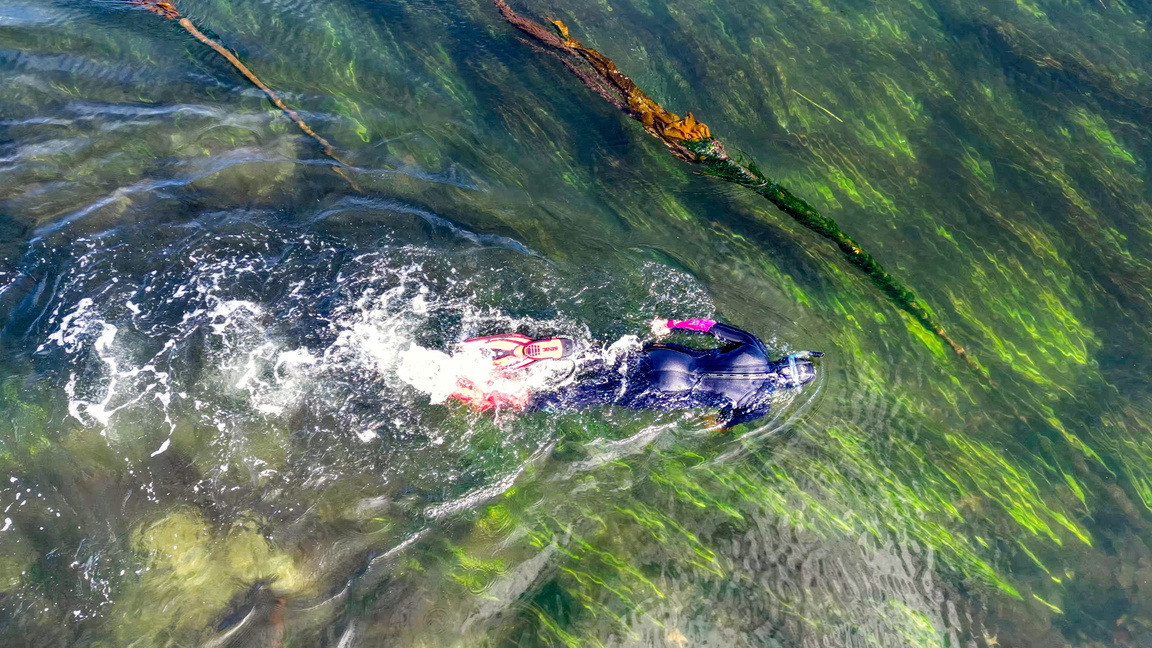
ADDRESS
Scott Polar Research Institute
University of Cambridge
Cambridge CB2 1ER
UK
am3321@cam.ac.uk
alemoras@uvic.ca


